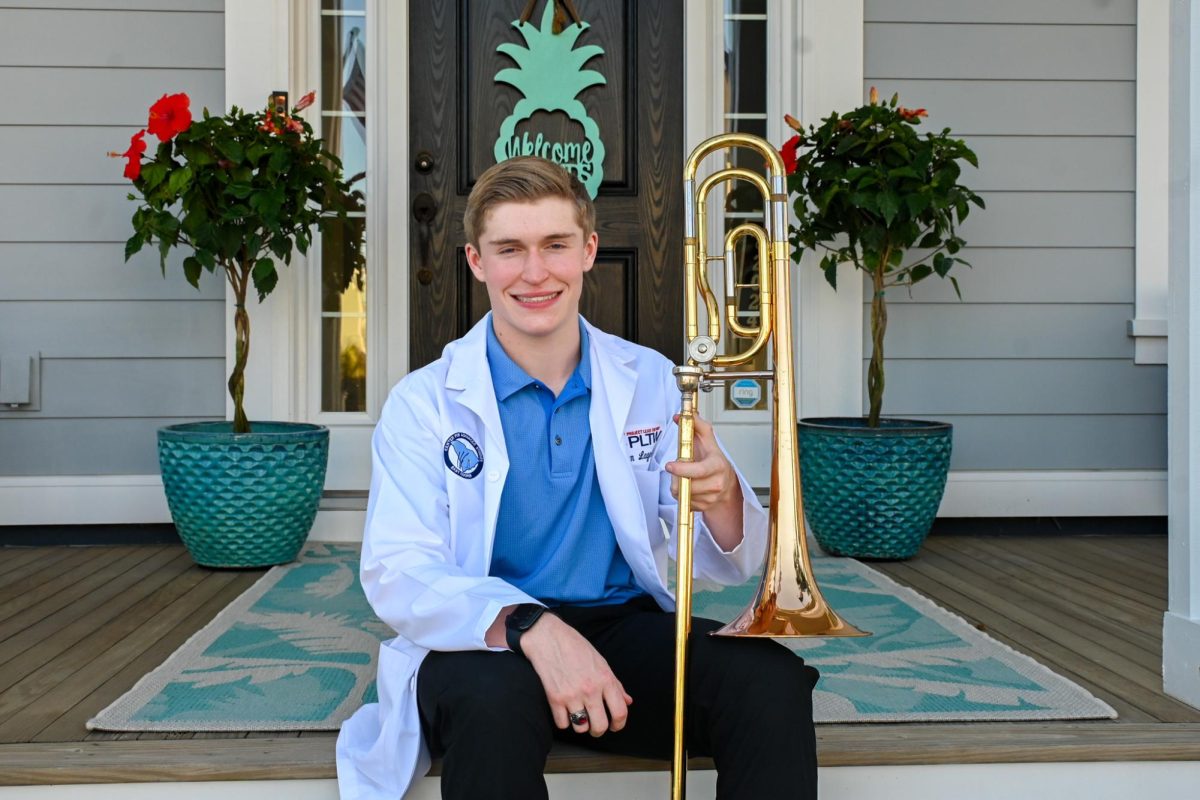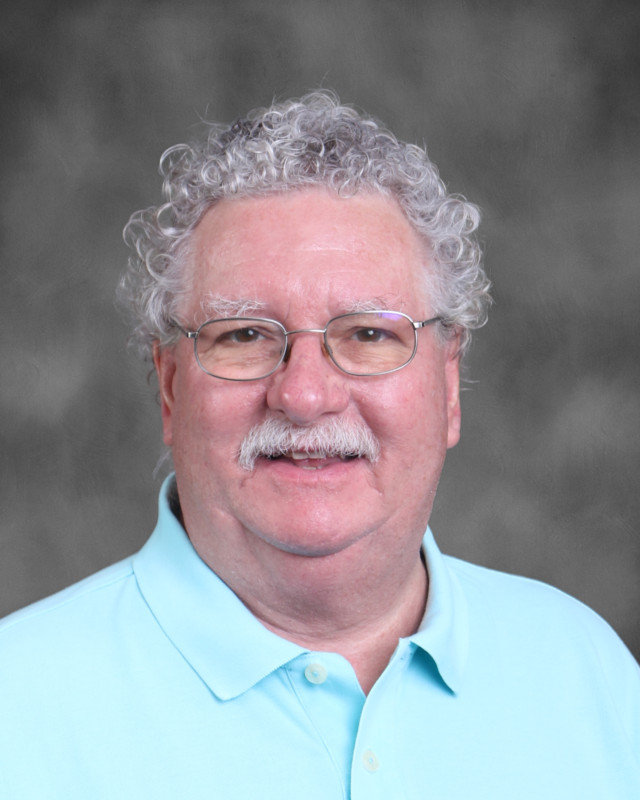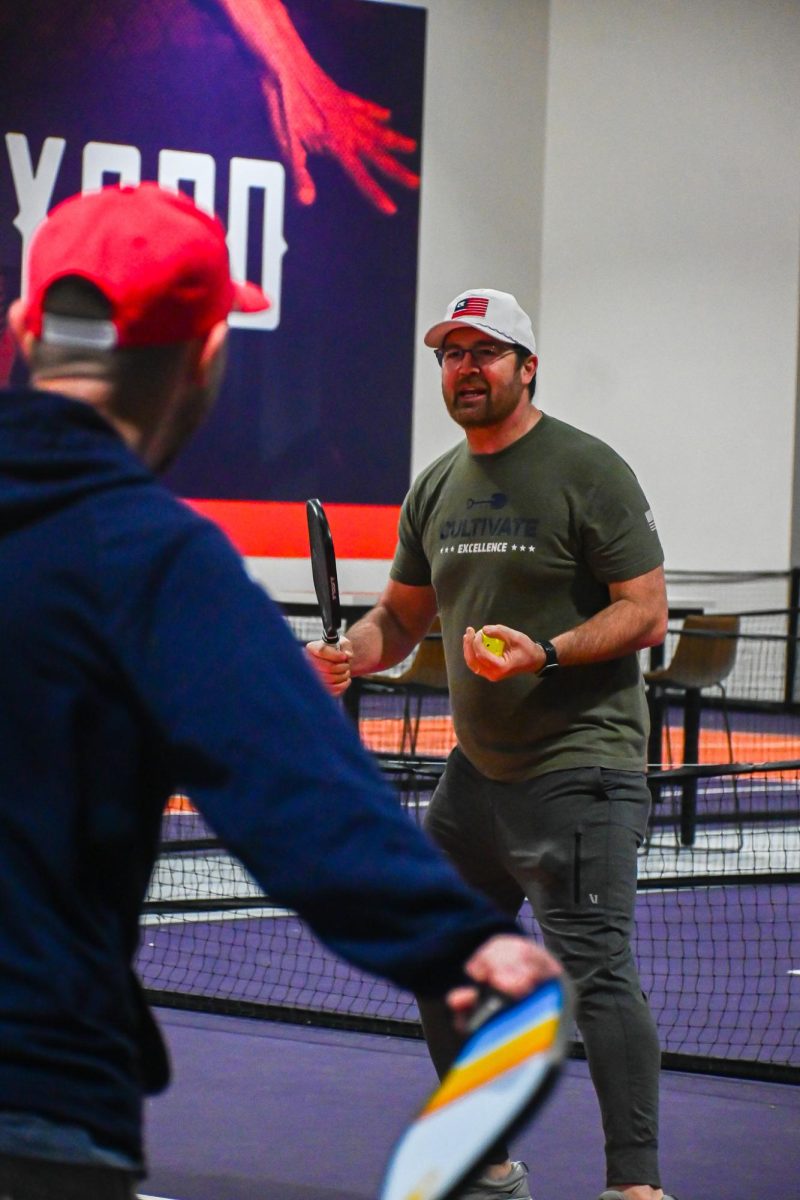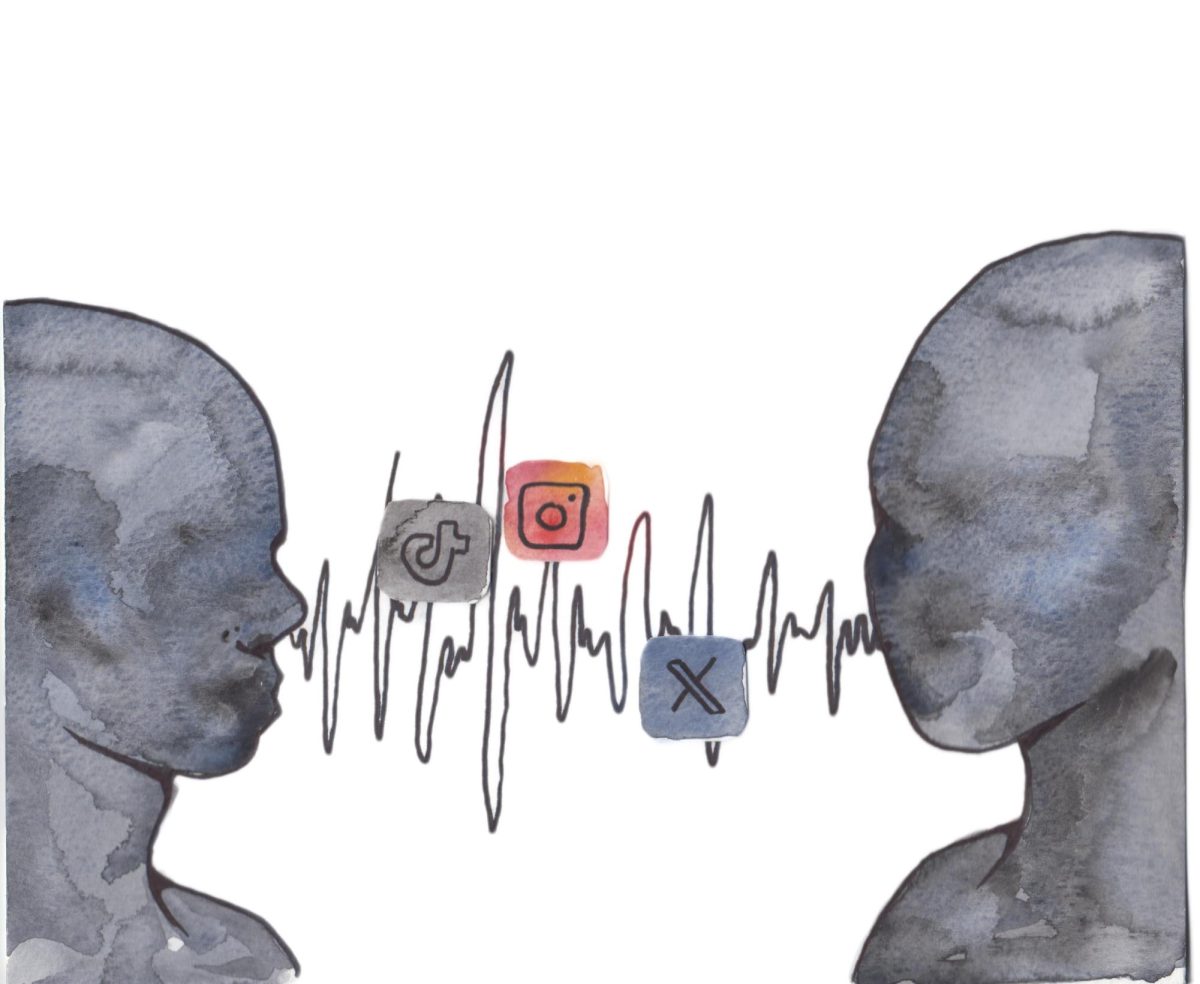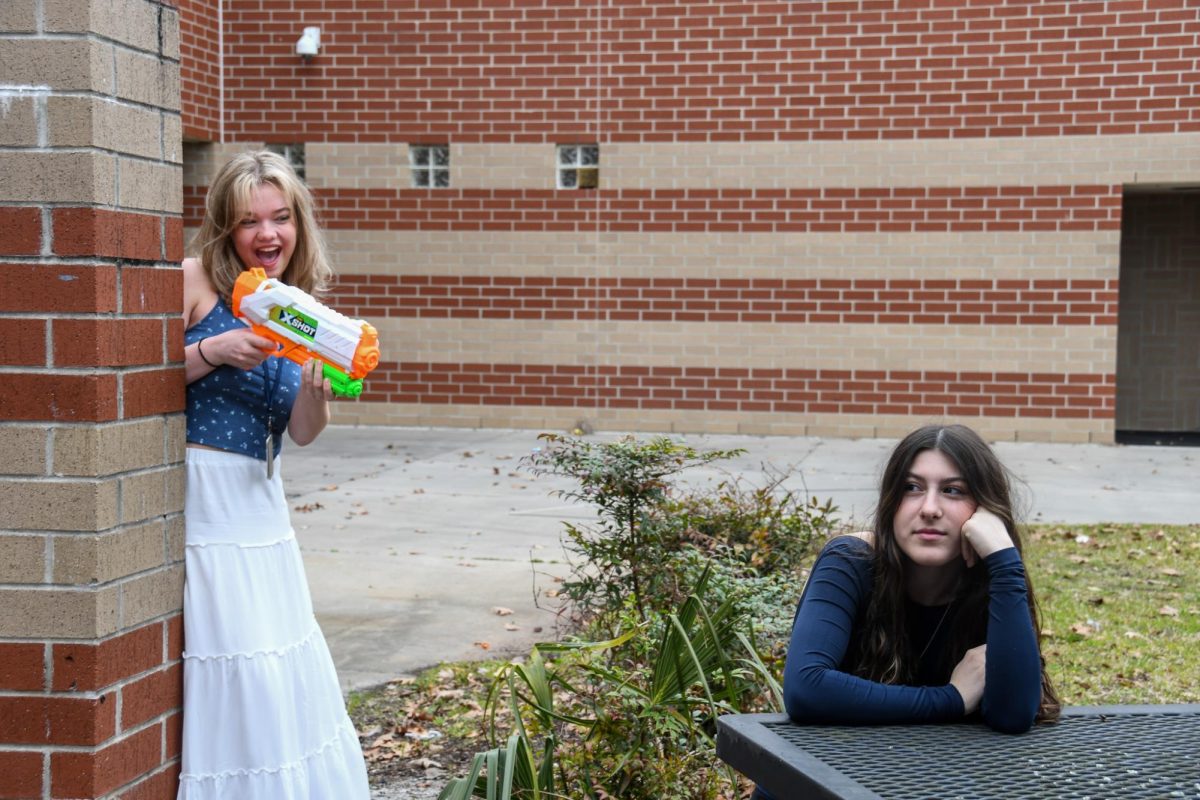All around the world, school nurses are treating all kinds of ailments ranging from a runny nose, to an excruciating migraine, and all the things in between. They aren’t able to give students the care that they need because there are so many regulations in place. Nurses require the proper training and must receive explicit permissions in order to give students proper care.
East Cooper Center of Advanced Studies nurse, Cindy Halewood, gives an absolute overview on how the school clinic runs year to year, how nurses need to get permission, and the proper training required to be a school nurse. Halewood also shares how teachers are trained to help students and what their best plan of action is.
With every school year being different and the frequent changes to health regulations in schools during and after COVID-19, nurses must be constantly up to date with new protocols and training. They must also teach these new protocols to teachers in staff meetings during the beginning of the school year.
Halewood wishes for students to feel comfortable and healthy when she treats them.
“Just to make sure everything here is safe, everybody is safe, that everybody has a safe environment to be in,”Halewood said.
She also has to take into account that there could be more going on with a student at home rather than what’s going on within the clinic.
“I realized that you never know what happened to them in the morning o
r the night before,” Halewood said. “It is always important to me to be able to evaluate each student.”
In case of a crisis, nurses at the CAS provide teachers with medical methods in order to help a student who may be in need.
“We have emergency action plans that are given to teachers so that they know what kind of medical conditions might be present,” Halewood said.
Halewood continues on to discuss the process of letting parents know what’s going on for each student within the clinic during the start of the school year.
“Calling parents and making sure that we have everything that we need for that student. In assisting and guiding the parents who might be new from out of state, they might not know what our procedures and protocols are,” Halewood said.
Elizabeth Wilson, one of the main nurses at Wando, has also provided her input surrounding the business of collecting paperwork and the expectations of meeting the needs of all students through these paperworks.
“We’re making sure that we know all students that have emergency health things like severe allergies or seizures, you know, so that we are aware that if something happens during the day, we know who they are and what medications we have for them,” Wison said.
Halewood reflects back to when staff instruction was done to teach not only nurses, but teachers as well on how to properly use tourniquets.
“For this year in particular, we have all the stuff in complete kits in all the rooms,” Halewood said. “We received an actual leg with all of the bleed tourniquet things so that we can do services and so we can also teach all the teachers how to use a stop a bleed kit.”
On top of all of the other skill sets it takes to be a school nurse, Halewood tells how they are now able to administer Narcan, an over-the-counter medication that reverses an opioid overdose, making an important achievement.
“When we had our back to school nurses meeting, we were in service now to be allowed to carry Narcan. So that was a great accomplishment for our district to be able to carry the Narcan,” Halewood said.
Wilson explains that giving students over-the-counter medications isn’t as easy as it seems. “They all have to be signed off by a doctor in order for us to be give them permission,” Wilson said.


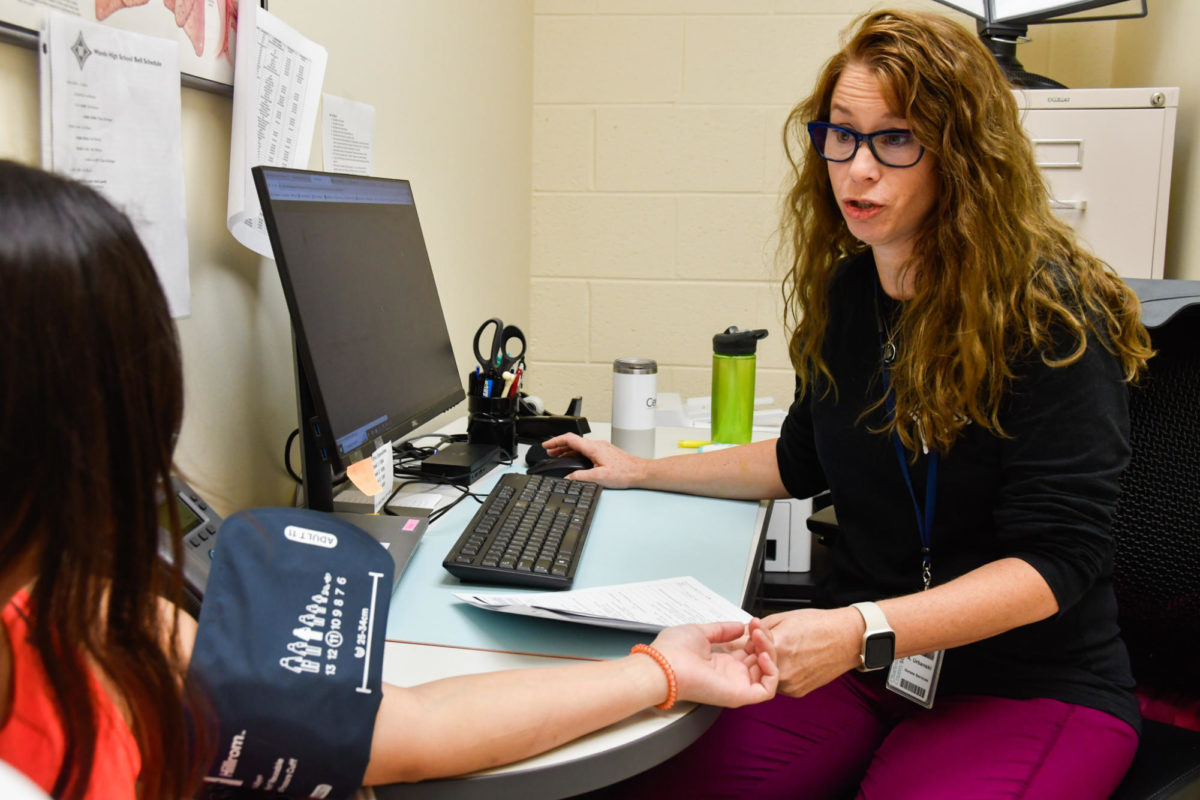
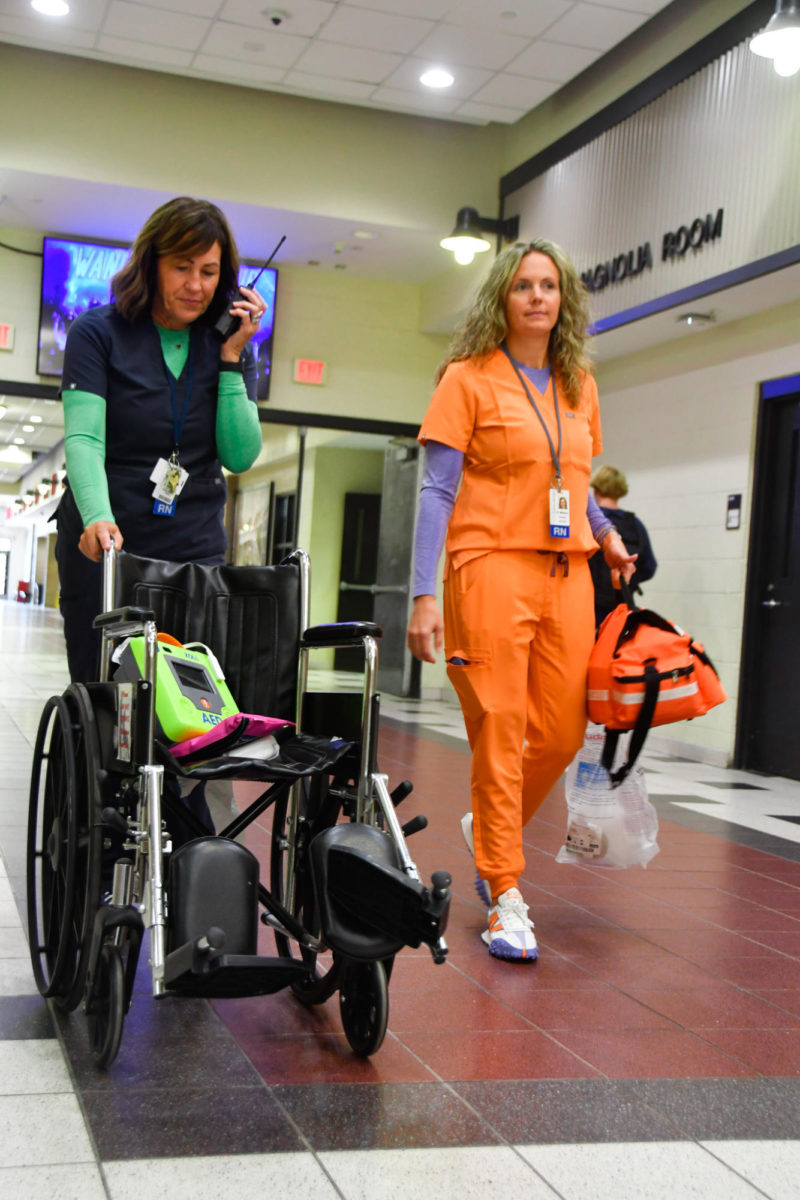
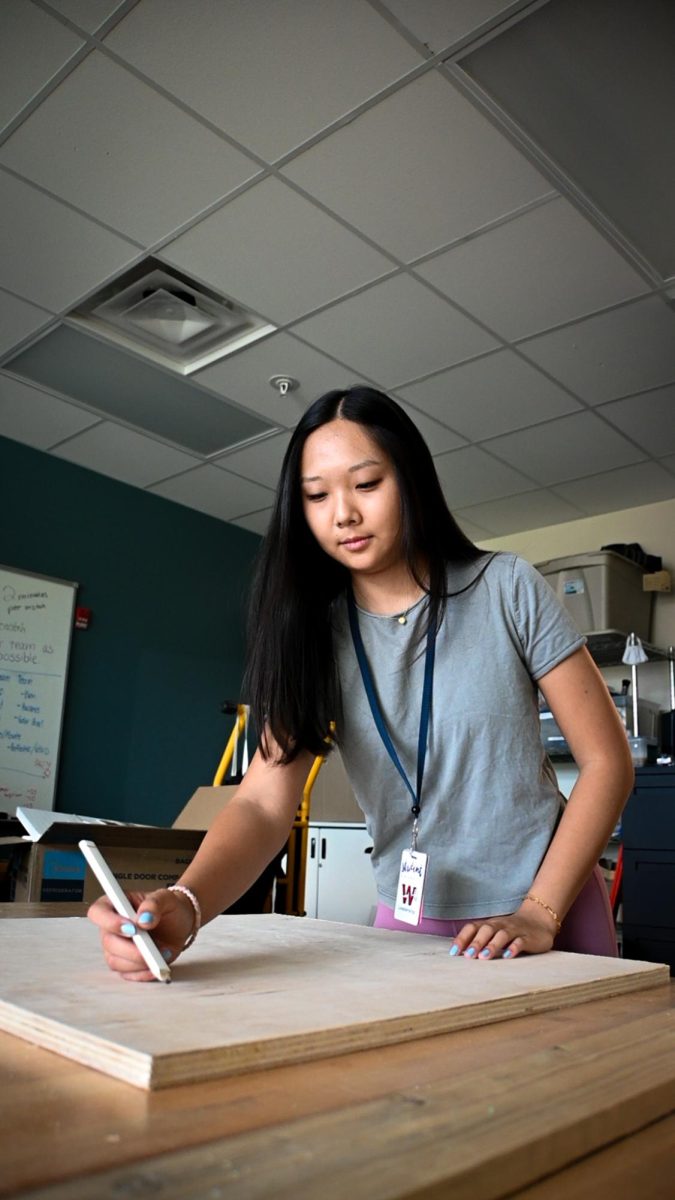
![Yaman is excited about her upcoming teaching carrer, “[Teacher Cadet] has just given me something to look forward to. I wake up, and I look forward to going into the classroom,” Yaman said.](https://tribaltribune.org/wp-content/uploads/2024/06/IMG_2796-e1718129434556-900x1200.jpg)

